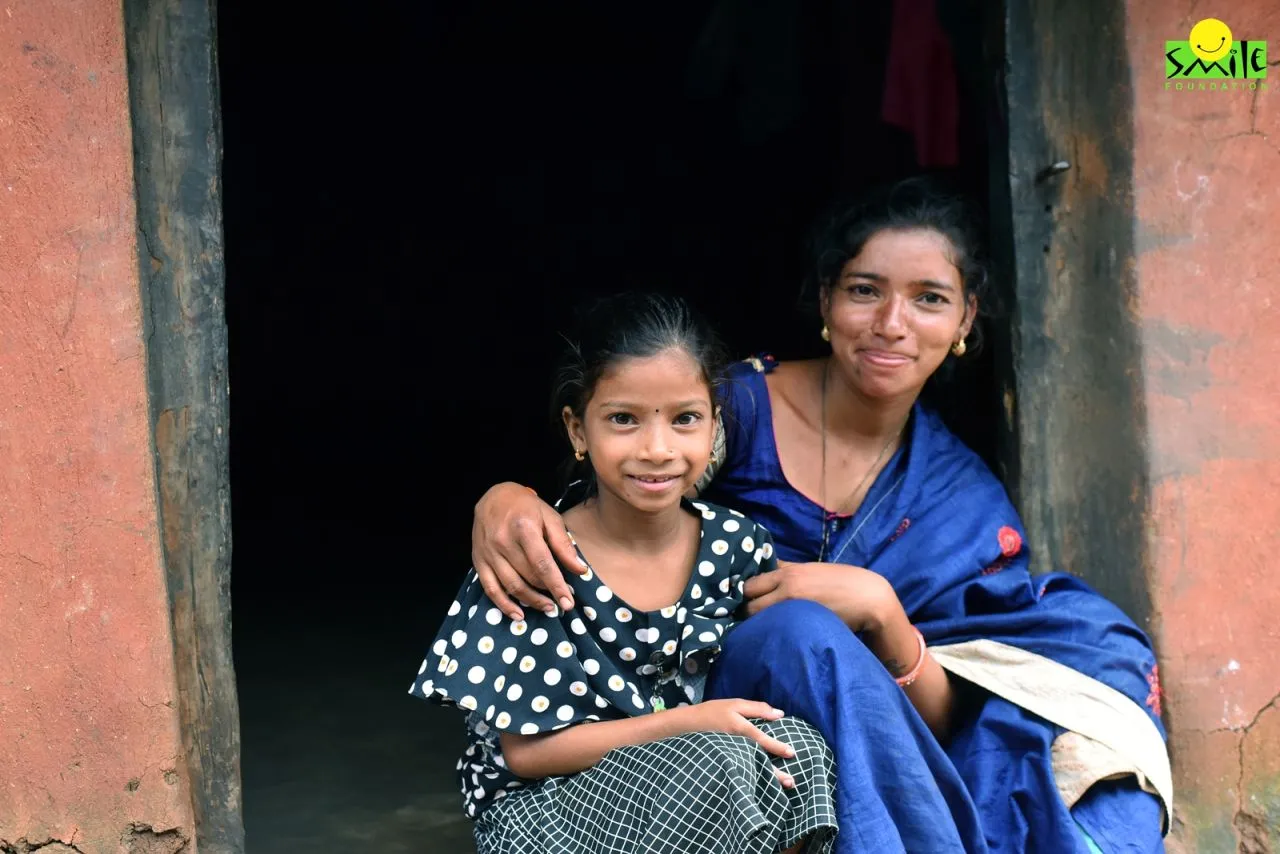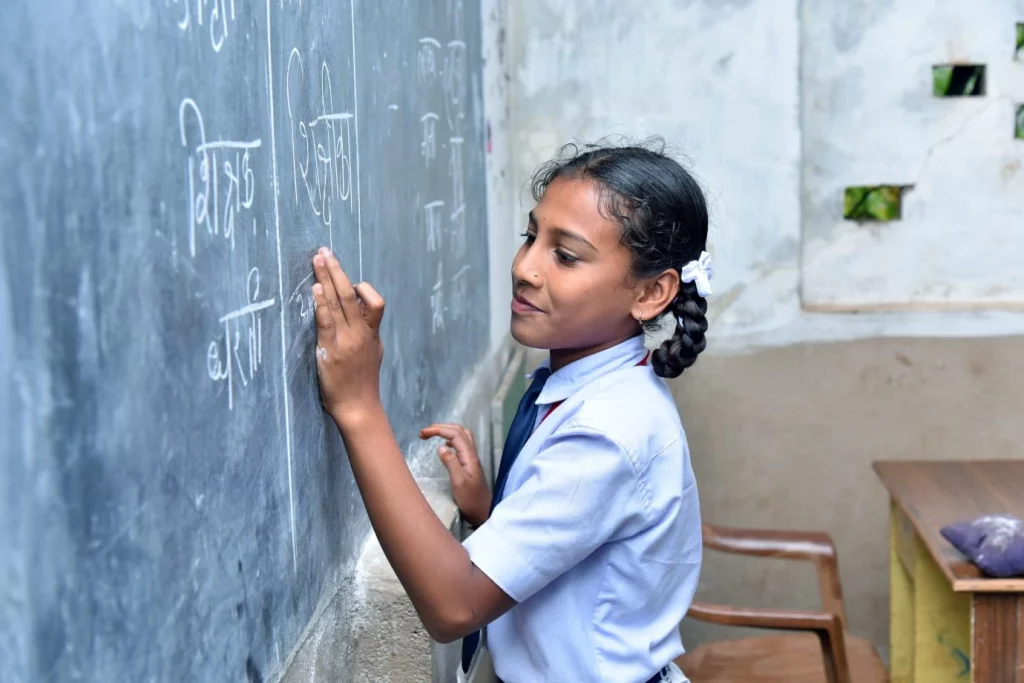Parenting is a journey that shapes the personality, behaviour, and future of a child. It influences their emotional, cognitive, and social growth. How parents communicate with their children and the style of parenting they adopt plays an important role in shaping the child’s character as a grown individual. While it is essential to understand how different parenting styles work, there is still a huge gap in the information available and the need for awareness.
Over the last few years, there has been a visible surge in learning about how parenting influences a person’s life and parents are becoming more conscious of how they treat their children. This growing awareness can be attributed to increased access to information through books, online resources, and expert guidance. Parenting styles refer to the consistent strategies and attitudes that parents use while raising their children.
In this article, we will look at different styles of parenting which may help us in understanding what works best according to the unique needs of our children:
Authoritative Parenting
This is often considered to be the most balanced parenting style. Parents who adopt this style act as a responsible authority in the child’s life by setting clear expectations and rules while also being nurturing. The hallmark of a good authoritative parenting style is clear communication with the children, providing guidance, and respecting the independence of the child. As per some research findings, children who are raised in this way have better social skills, self-esteem, and academic performance.
Authoritarian Parenting
While authoritative parenting can be confused with a negative style of parenting, it is actually authoritarian parenting which possesses those qualities. It is characterized by strict rules and high expectations. Parents who follow this style are often less responsive to their children’s emotional needs and prioritize obedience and discipline. Authoritarian parenting can ensure that the children always remain disciplined, but it can severely impact their self-esteem, confidence, and social skills. Authoritarian parents are likely to use strict punishment which can diminish the independent thinking and problem-solving skills of the child.
Permissive Parenting
Permissive parenting, also known as indulgent parenting, is marked by a lenient and non-directive approach. Parents who practice this style of parenting are nurturing and supportive of the child. However, they fail to set clear expectations and rules. These parents tend to avoid any confrontation and let the children make their own decisions. While permissive parenting can lead to strong parent-child relationships, it may also result in children lacking self-discipline, facing challenges in following rules, and experiencing difficulties in academic performance.
Uninvolved Parenting
This type of parenting is arguably the most harmful for the psychological development of the child. In this type of parenting, the parents are usually absent or uninvolved in the life of their child. Parents who adopt this style provide necessities but offer little guidance, support, or attention. Children raised by uninvolved parents may struggle with self-esteem, academic achievement, and social interactions. These children are also at risk of developing behavioural and psychological disorders as grown-ups.
Lighthouse Parenting
This is a relatively new concept which focuses on guiding the children in a supportive and steady manner without imposing any strict rules. The name comes from the lighthouse which guides the ships to safety. According to an article in the Times of India, lighthouse parents provide a stable and secure environment while allowing their children to explore and make their own choices. Children who are raised in this way are likely to develop resilience, confidence and independence. We can also look at lighthouse parenting as an approach that mixes the authoritative and submissive parenting style providing a balanced approach.
Eggshell Parenting
In this style of parenting, adults can let their fears takeover how they behave with their kids. Parents become overly cautious about the child to avoid any discomfort. The biggest challenge with this style of parenting is that it can make the children completely dependent on their parents and not being able to develop problem-solving skills. While the intention behind eggshell parenting is to create a harmonious environment, it can hinder a child’s ability to develop resilience and cope with challenges.
Helicopter Parenting
This is perhaps completely opposite to uninvolved parenting but can have similar harmful effects for the child. In this style of parenting, the parents become over-involved in the child’s life, monitoring and influencing their every decision. These parents tend to hover over their children, making decisions for them and trying to shield them from any potential harm or failure. While the intention of the parents might be right, they forget that it is important for the children to make mistakes and learn from them. Helicopter parenting takes away this opportunity and the children are not able to make decisions when they are left without someone who can do it for them.
Impact of Parenting Style on Children
As discussed above, every parenting style can have some positive or negative effects on the children. It must also be understood that parents are not likely to follow a particular parenting style all the time. Similarly, both the parents may also have different parenting styles. Therefore, the readers must not treat this article as a diagnosis for their parenting style and approach a qualified practitioner in case they want to make changes to their parenting style.
Here are some ways in which children are impacted by parenting styles:
- Emotional development: As it can be understood from what we have discussed above, how a child is raised can have a direct impact on their emotional maturity. Whether children experience higher or lower anxiety and stress, and what kind of other emotional traits they will develop depends a lot on what their relationship with their parents is.
- Social skills: Imagine a child being raised by an overly critical parent who adopts the helicopter style. This child is likely to be criticized for most of the things that they do. This can have a severe impact on their confidence and how they perform in social situations where they have to act independently. This is just one example of how parenting styles can influence an individual’s social skills.
- Academic performance: A child who is raised in a healthy household with supportive parents is likely to perform better academically. While it is not necessary that every child will be an academic genius if they have the right parenting; one thing is sure that they will have the support of their parents to pursue what they are actually good at.
What can Parents Learn?
Understanding different parenting styles and their impact on children’s development can help parents make informed decisions about their approach to parenting. It is important to recognize that no single parenting style is universally applicable, and each child is unique. Parents should consider their child’s temperament, needs, and preferences when determining the most effective parenting style.
Parents should also put special focus on understanding their child’s unique requirements and adopt an integrated approach where they use different styles in different situations. For example, combining the structure and support of authoritative parenting with the nurturing and flexibility of permissive parenting can create a harmonious and effective parenting strategy.
Conclusion
Parenting can be extremely challenging and knowing that it can have lifelong impact on the child makes it even more difficult. Additionally, with the all-pervasive presence of technology, access to all kinds of information, new forms of digital addiction, and perils of growing up in a social media driven world makes it even more difficult for parents to understand how they can develop a healthy relationship with their children. This has also put a focus on parenting styles and how parents can balance the high expectations while also providing necessary support to the child.
As parents deal with these challenges, a strong awareness of parenting styles and strategies can help them in following an approach that works the best for their children. Ultimately, the goal of parenting is to raise confident, resilient, and well-adjusted individuals who can thrive in the world. As you reflect on your own parenting style, consider the insights gained from this article and how you can apply them to support your child’s growth and well-being. What kind of parenting style do you follow, and what can you learn from the different approaches discussed here?










